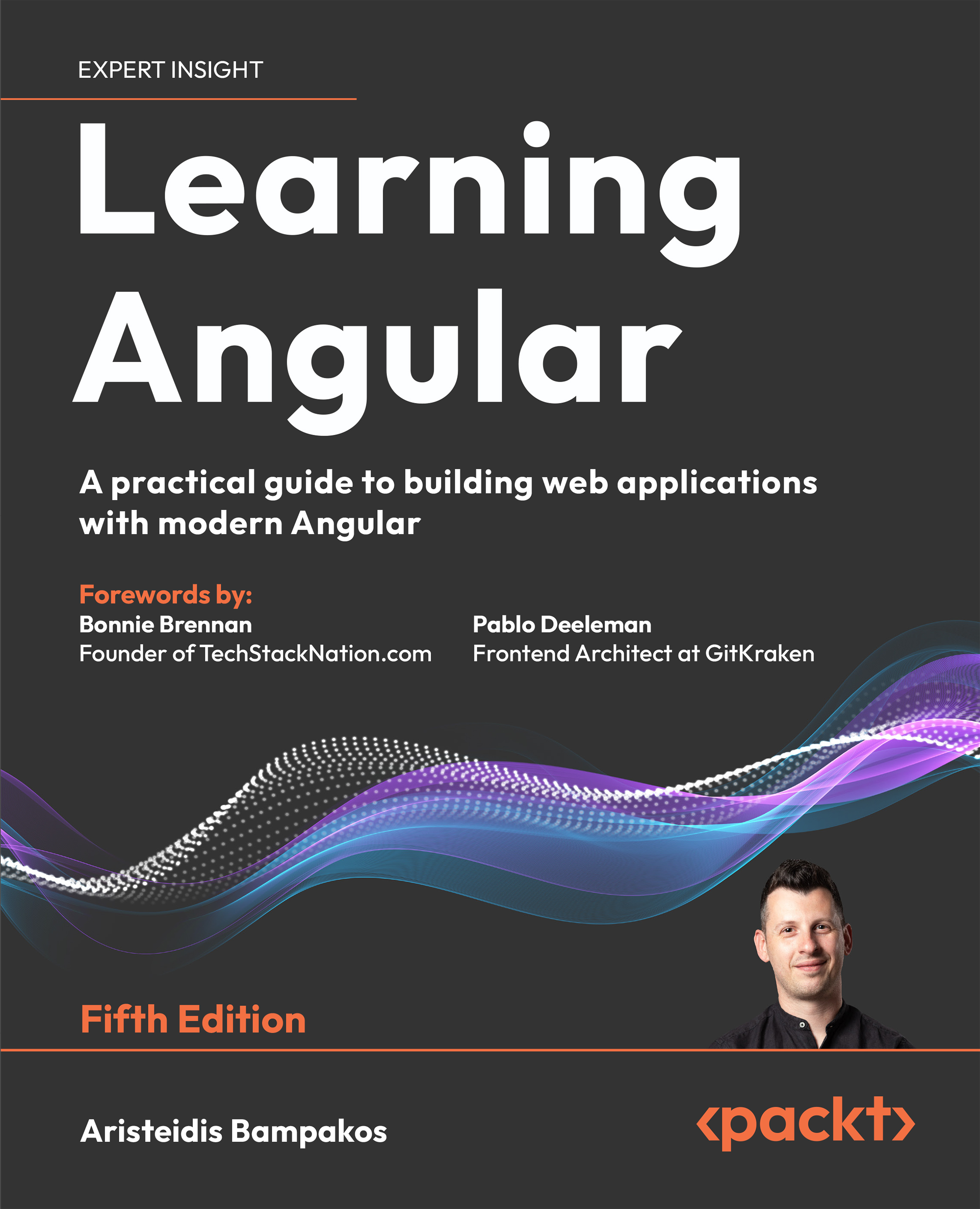There are three reasons Moodle has become so important and much talked about in the world of online learning (refer to The Campus Computing Project at http://www.campuscomputing.net / new.html): one technical, one philosophical, and the third educational.
From a technical standpoint, Moodle--an acronym for Modular Object-Oriented Dynamic Learning Environment (Moodle)--is highly customizable. As a Moodle developer, always remember that the "M" in Moodle stands for modular. If you are faced with a client feature request that demands a feature Moodle doesn't support, don't panic. The answer is simple--we create a new custom plugin to implement it. Check out the Moodle plugins directory (https://moodle.org/plugins/) for a comprehensive library of supported third-party plugins that Moodle developers have created and given back to the community. This leads to the philosophical reason why Moodle dominates.
Moodle is, from a philosophical perspective, grounded firmly in a community-based, open source ethos (check out https://en.wikipedia.org/wiki/Open-source_model). However, what does this mean for us as developers? Fundamentally, it means that we have complete access to the source code, and within reason, unfettered access to the people who develop it. Access to the application itself is free--you don't need to pay to download it, and you don't need to pay to run it. However, be aware of what free means. Hosting and administration, for example, take time and resources are very unlikely to be free.
You will very often hear beer talked about in the context of free software (and I have purposefully stressed the word free): free software means free as in freedom, not free as in beer. Possibly, a better way of stating the case is to say that the Moodle developers in general--and Martin Dougiamas, the creator of Moodle, in particular--have given us freedom to do what we must. What we have not been granted is license to do what we want. Note that, again and like the beer example, this isn't quite the same as gratis (free of price) and libre (free of restriction--refer to https://en.wikipedia.org/wiki/Gratis_versus_libre). As Moodle developers, we are bound by the duties specified in the free Software Foundation's GPLv3 license (check out http://www.gnu.org/licenses/gpl-3.0.txt), and it is worth having an appreciation of these duties before you start developing.
Finally, as an educational tool, Moodle was developed to support social constructionism (refer to https://docs.moodle.org/31/en/Pedagogy); if you are not familiar with this concept, it is essentially suggesting that building an understanding of a concept or idea can be best achieved by interacting with a broad community. The impact on us as Moodle plugin developers is that there is a highly active group of users and developers. Before you begin developing any Moodle plugins, come and join us at https://moodle.org/mod/forum/?id=5.
 United States
United States
 Great Britain
Great Britain
 India
India
 Germany
Germany
 France
France
 Canada
Canada
 Russia
Russia
 Spain
Spain
 Brazil
Brazil
 Australia
Australia
 Singapore
Singapore
 Hungary
Hungary
 Ukraine
Ukraine
 Luxembourg
Luxembourg
 Estonia
Estonia
 Lithuania
Lithuania
 South Korea
South Korea
 Turkey
Turkey
 Switzerland
Switzerland
 Colombia
Colombia
 Taiwan
Taiwan
 Chile
Chile
 Norway
Norway
 Ecuador
Ecuador
 Indonesia
Indonesia
 New Zealand
New Zealand
 Cyprus
Cyprus
 Denmark
Denmark
 Finland
Finland
 Poland
Poland
 Malta
Malta
 Czechia
Czechia
 Austria
Austria
 Sweden
Sweden
 Italy
Italy
 Egypt
Egypt
 Belgium
Belgium
 Portugal
Portugal
 Slovenia
Slovenia
 Ireland
Ireland
 Romania
Romania
 Greece
Greece
 Argentina
Argentina
 Netherlands
Netherlands
 Bulgaria
Bulgaria
 Latvia
Latvia
 South Africa
South Africa
 Malaysia
Malaysia
 Japan
Japan
 Slovakia
Slovakia
 Philippines
Philippines
 Mexico
Mexico
 Thailand
Thailand















